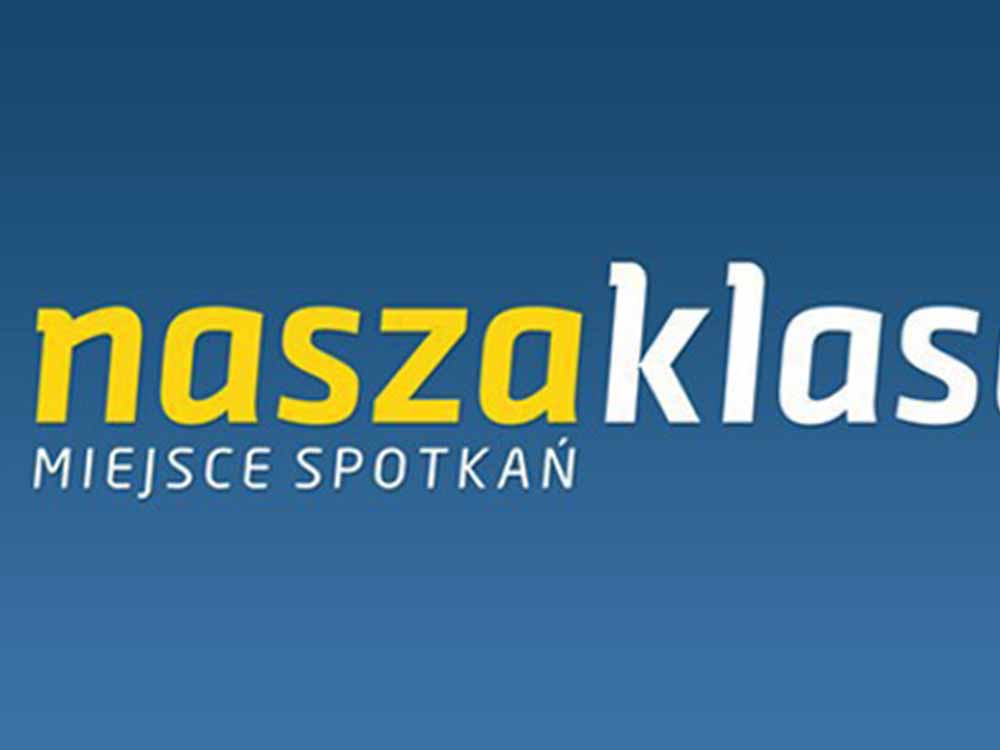Nasza Klasa in 2008: Social Networking in Poland, User Engagement, and Cultural Significance
“Nasza Klasa,” the Polish social networking platform, played a crucial role in connecting people, fostering online communities, and leaving a lasting impact on Polish digital culture in 2008. This exploration delves into key developments, user engagement strategies, cultural significance, and the overall dynamics of Nasza Klasa during this transformative period.
Rapid Growth and Community Building
In 2008, Nasza Klasa experienced explosive user growth, solidifying its position as the leading social networking platform in Poland. Users from various age groups, professions, and regions joined the platform, creating a diverse and vibrant online community.
Class Reunion Concept:
Nasza Klasa’s unique feature, allowing users to connect with classmates and organize virtual class reunions, became a defining aspect of the platform. This concept contributed to the platform’s popularity, fostering nostalgia and connections among former classmates.
Cultural Impact and Regional Dominance
Central Role in Polish Digital Culture:
Nasza Klasa held a central role in shaping Polish digital culture in 2008. The platform’s emphasis on connecting users based on their school affiliations resonated deeply with Polish users, contributing to its cultural significance.
Regional Dominance and Language Adaptation:
Nasza Klasa’s regional dominance was evident through its adaptation to the Polish language and cultural nuances. The platform provided a tailored experience that resonated with Polish users, fostering a sense of community and shared identity.
Platform Features and User Interaction
Profile Customization and Multimedia Sharing:
Nasza Klasa allowed users to customize their profiles creatively, enabling them to express their personalities and interests. Multimedia sharing, including photos and videos, became a prevalent means of communication and self-expression.
Games and Applications:
In 2008, Nasza Klasa incorporated games and applications, enhancing user engagement. These features provided entertainment, interaction, and opportunities for users to connect beyond traditional communication methods.
Challenges and Evolution
Challenges from Global Competitors:
While Nasza Klasa maintained its dominance in the Polish market, it faced challenges from global social networking competitors. The rise of international platforms presented competition for user attention and engagement.
Evolution and Adaptation:
To stay competitive, Nasza Klasa underwent evolutionary changes, introducing new features and adapting to changing user preferences. The platform’s ability to evolve contributed to its longevity in the dynamic landscape of social networking.
In conclusion, Nasza Klasa in 2008 was more than a social networking platform; it was a cultural phenomenon that deeply resonated with the Polish population. Its unique class reunion concept, user-friendly features, and adaptation to regional preferences positioned it as a vital element of Polish digital culture.











